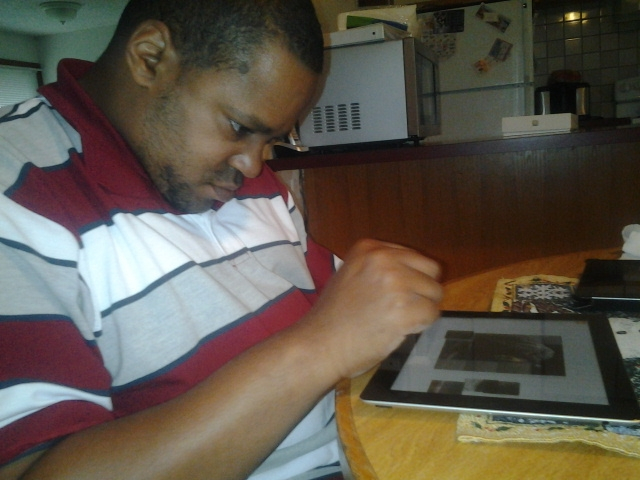Roads to Community Living Reinvestment Funds support projects that strengthen and improve the Developmental Disability Administration’s community services system.
RCL Employment Initiative
This project is coordinated through Washington Initiative for Supported Employment (WiSe) to provide additional supports and services for RCL participants who will be moving from an institution or are currently living in the community and are interested in paid employment.
- Find out more general information about the RCL Employment project
- Read the RCL Employment Initiative Report 2012 – 2013
- Read the RCL Employment Initiative Report 2013 – 2014
- RCL Residential Employment Collaboration Report 2014-15
 RCL Housing and Environmental Supports
RCL Housing and Environmental Supports
Creative Housing Solutions developed resource guides and checklists to locate, develop, and modify housing based on the unique needs and desires of individuals looking for places to live.
- A step by step guide and checklists for developing person centered environments
- Making Homes that Work: A resource guide for families living with autism spectrum disorder and co-occurring behaviors
RCL Assistive Technology Project
Two day long Assisted Technology (AT) conferences were held in 2013 and 2014 to share AT resources. An iPad cohort was also developed to learn how to use hand held technologies as a way to increase independence and community participation. Read the July 2014 AT report of these projects.
Enhancing Community Values and Positive Change
RCL engaged John O’Brien and Connie Lyle O’Brien of Responsive Systems Associates (RSA) to help DDA better incorporate long held values as outlined in the Residential and County Guidelines into all aspects of the DDA system.
- This workbook summarizes the Appreciative Inquiry themes and questions from AI workshops facilitated by John O’Brien and Connie Lyle O’Brien: Appreciative Inquiry Manual
- Supporting Social Roles: this guide helps people served by an organization to determine what valued social roles provide them the opportunity for development and contribution.
- Reflections on Transitions for People Who are Likely to Have Experienced Trauma.
- Strengthening Person Centered Practices.
- This summarizes four workshops with each of the four Washington RHCs and their community partners discussing how to build partnerships for successful transitions from RHC to community living: RHC Transition Workshops.
Additional initiatives include:
- Read about the 2014 Make a Difference workshops.
- Community Inclusion Conferences are held in 2011 three locations throughout the state. Read the results here.
- Community Inclusion Newsletters include stories and hot tips for building welcoming and inclusive communities have been published every two months since August 2012.
- Yearly Community Summits bring together approximately 900 individuals including people with disabilities and their families, community providers, public employees, and other interested community members to discuss ideas and learn how to build inclusive communities. Read the 2013 and 2014 Final Report.
Hope at Work
This initiative provides training and support to organizations so they can create more hopeful, resilient workforces. Hope at Work Final Report..
The Family Mentor Project
The Family Mentor is a parent of an individual who moved from an institution to the community. She provides information and support to families and guardians of individuals living in institutions who are going through the process of deciding whether or not a move to the community. Learn more here: https://www.familymentorproject.info
